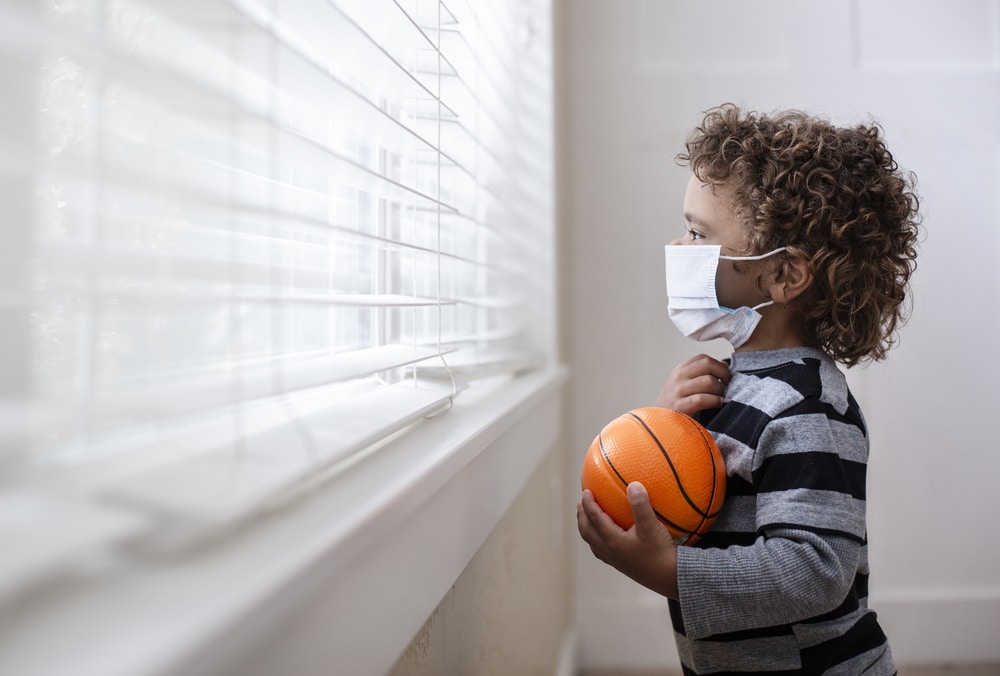Strategies To Boost Your Child’s Social Development During Quarantine
Here are some ways you can keep your child engaged while on lockdown.
While other countries are beginning to return to normalcy, the same cannot be said for many others whose governments continue to implement lockdown measures to curb the spread of the COVID-19 virus. For adults, isolating at home for an extended period of time may lead to stress, anxiety, and depression, leading many parents to fear that their children may also experience the same.
However, according to clinical psychologist and parenting expert Dr. Queena Lee-Chua, these fears are unfounded. “Kids are resilient,” she stresses. “Even if children do not socialize with their peers for a couple of years, experts believe this will not in the long run negatively affect their development–as long as parents model confidence and security. If kids feel that parents are anxious, then such anxiety will create fear in them as well. There is actually more harm with parents worrying about socialization than with kids lacking socialization.”

This is because even though children are isolated from playmates and peers, they are not isolated from human contact — specifically, they can still interact with adults at home. Here are some things parents can do to shape their child’s development and boost their social skills while at home.
Make sure they do chores around the house.
When children help around the house, they learn what it means to become productive members of a team. Chores also teach essential life skills (i.e. laundry, cooking, budgeting) that can help kids become more self-reliant and confident when they grow older.
Continue to limit screen time for games.
Continue to limit screen time for games, but give allowances for video conferences with friends and relatives. Allow your child to spend time with extended family and other people important to him or her.
Make family time mandatory.
Agree on a regular time each day or week to do family activities that everyone might enjoy, such as Game Night, Movie Night, or a Sports Day.
Keep an open dialogue.
Let your child know that you are there for them if they have questions, fears, or anxieties. By talking to your child, you are helping them articulate their concerns instead of keeping their feelings bottled up and withholding interaction.
By doing the above, parents can provide children with the opportunity to develop good social skills that are critical to successful functioning in life.

